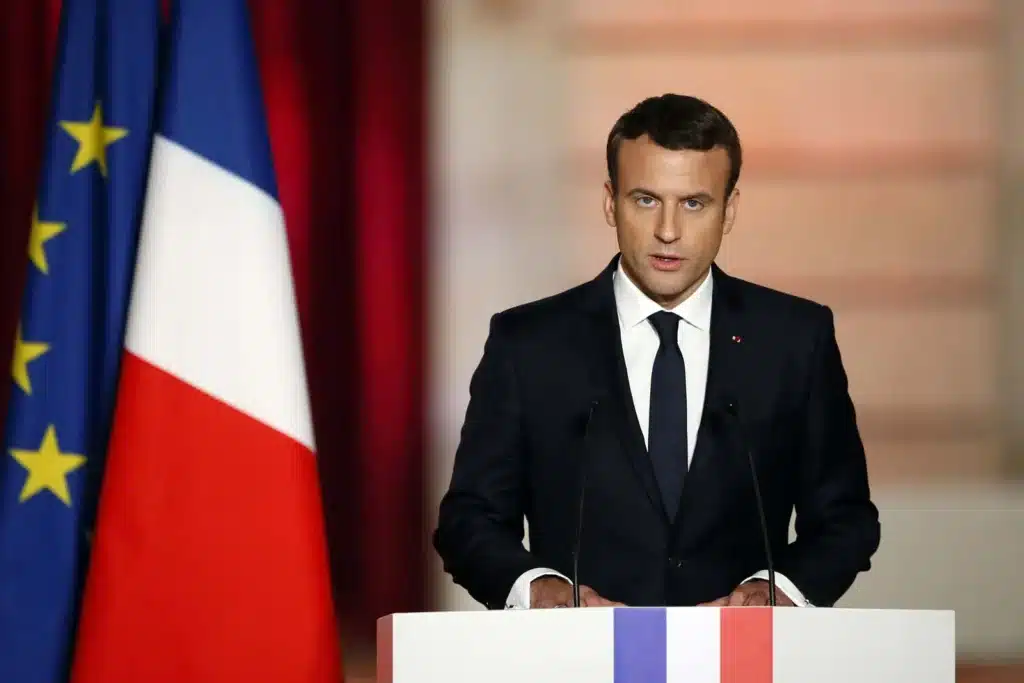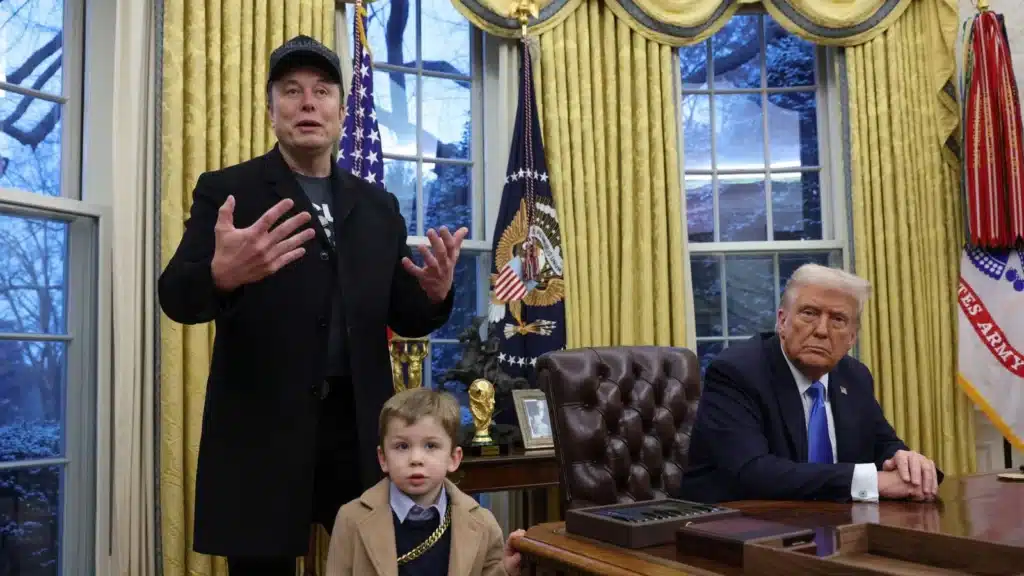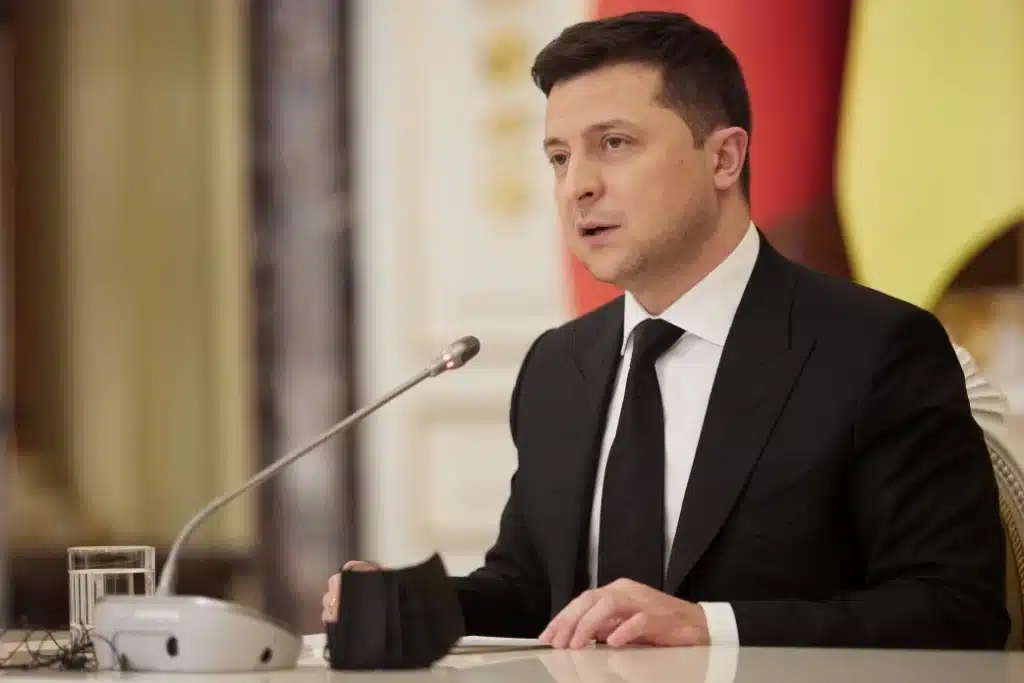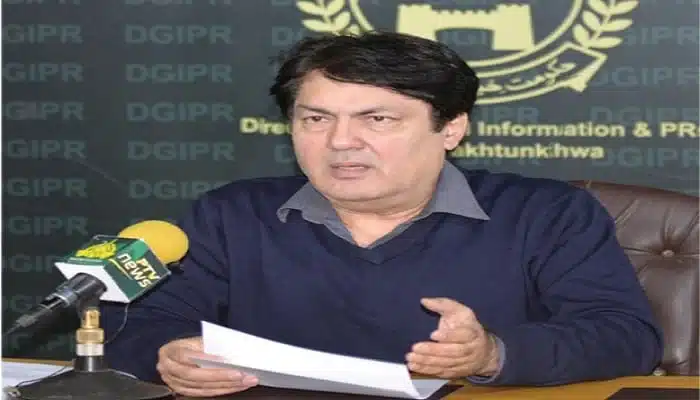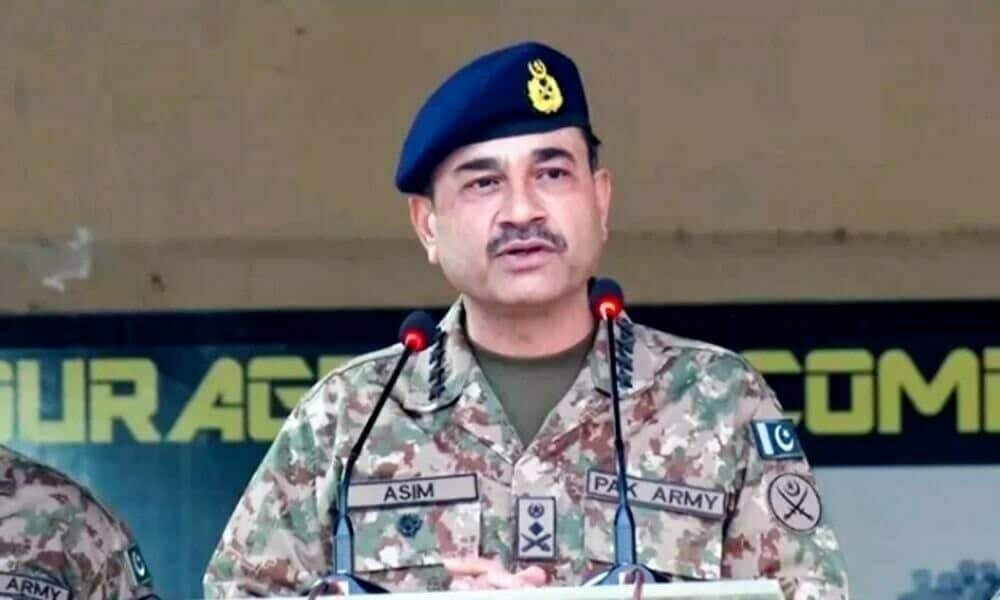SINGAPORE — French President Emmanuel Macron has warned of Western double standards and said that the West risks losing global credibility if it fails to address the conflicts in Ukraine and Gaza with consistency and urgency.
Speaking at the Shangri-La Dialogue in Singapore — a major regional security summit — Macron delivered one of his most forceful foreign policy speeches to date, urging both the United States and Europe to uphold the principles of sovereignty and international law or risk irreparable damage to their global standing. “If Russia is allowed to take Ukrainian territory without consequence, what message does that send to the rest of the world?” Macron asked, addressing an audience that included U.S. Defense Secretary Pete Hegseth and senior military officials from across the Asia-Pacific. “What happens if similar aggression occurs in Taiwan or the Philippines?”
Macron argued that Western credibility hinges on its ability to apply international norms evenly. “What’s at stake in Ukraine is our collective credibility — that we still stand for the territorial integrity and sovereignty of nations. No double standards,” he said. Turning to the Middle East, Macron acknowledged growing perceptions that the West has offered Israel a “free pass” in Gaza while condemning other forms of aggression elsewhere. He condemned the October 7 attacks by Hamas but also called for a ceasefire and renewed momentum toward a Palestinian state.
“If we continue to look away from Gaza, we kill our own credibility,” Macron warned. “There cannot be one standard for Ukraine and another for Palestine.” France is co-hosting a United Nations conference next month with Saudi Arabia aimed at reviving the two-state solution. The initiative has drawn sharp rebukes from Israel. The Israeli Foreign Ministry accused Macron of “rewarding jihadist terrorists,” while Prime Minister Benjamin Netanyahu charged that France, Canada, and the UK are “siding with Hamas” and “on the wrong side of humanity.”
The United States, meanwhile, has supported a ceasefire proposal and has focused on establishing a controversial humanitarian aid mechanism in Gaza, further complicating its regional diplomacy. Macron used his appearance at the forum to promote his vision of “strategic autonomy” — the idea that countries should act in their own interests without becoming beholden to any single global power. He positioned France as a model of balanced diplomacy, maintaining open channels with both Washington and Beijing while preserving national independence. “We want to cooperate, but we don’t want to depend,” he said. “We don’t want to be told daily what we can or cannot do.”
His comments were widely seen as a veiled critique of both Chinese President Xi Jinping and former U.S. President Donald Trump, the latter of whom is again a frontrunner in the upcoming American election. Macron aimed at Trump’s previous global tariff policies and questioned the reliability of U.S. security commitments under shifting political leadership. “We cannot just sit back and wonder, ‘Are we protected by existing alliances?’ or ‘What happens with tariffs?’” Macron said, stressing the need for a stronger European-Asian partnership to address shared security concerns.
Macron also warned that European and Asian security challenges are increasingly intertwined, citing reports of North Korean support for Russia in Ukraine. “North Korea’s presence alongside Russia on European soil is a major concern,” he stated. “If China wants to keep NATO out of Asia, then it must prevent North Korea from aiding Russia.” Observers noted that Macron’s remarks amounted to his strongest public linkage yet between the war in Ukraine and the risk of Chinese military moves in East Asia — particularly around Taiwan.
Dr. Mathieu Duchâtel of Institut Montaigne described the speech as “an implicit rebuke of U.S. Middle East policy and a direct challenge to Washington’s diplomacy on Russia.” Macron’s appeal for strategic balance may resonate across Asia, where many nations are wary of choosing between the U.S. and China. “Many states in the region want to preserve a rules-based global order without falling into dependency,” said Andrew Small of the German Marshall Fund. “Macron’s message speaks directly to that sentiment.”
His remarks also come amid reports that Trump has privately pressured both Russia and Ukraine to end the war swiftly, while criticizing Ukrainian President Volodymyr Zelensky as being “not ready for peace.” As geopolitical tensions deepen, Macron’s warning to the West was blunt: act consistently or risk becoming irrelevant in shaping the world’s future.
Read also:European leaders consult Trump to align response to Russia-Ukraine talks

